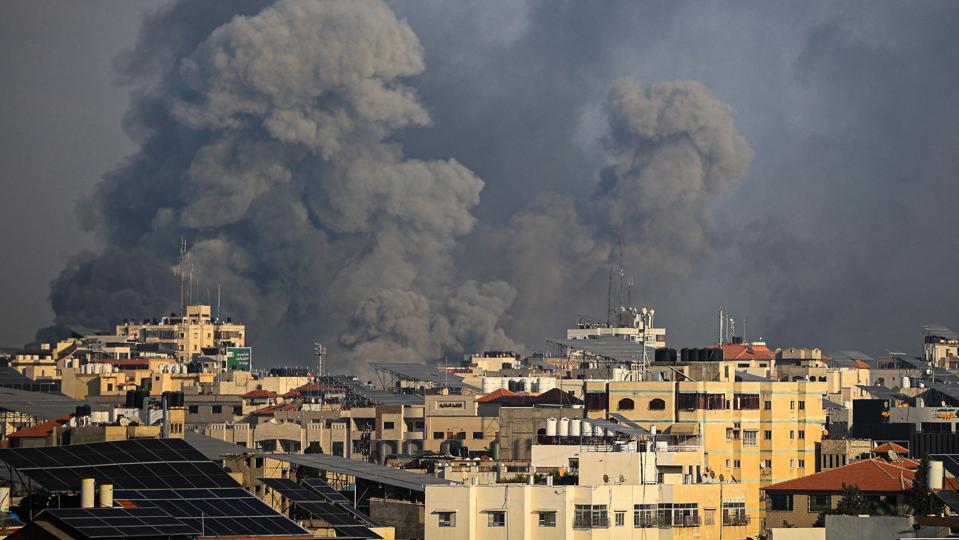Potential Impact on the Stock Market
The recent escalation of violence between Israel and Hamas has raised concerns about its potential impact on the stock market. Historical data shows that geopolitical events can have a short-term negative impact on stock prices, as investors tend to flock to safe-haven assets such as gold and bonds.
However, the long-term impact of geopolitical events on the stock market is typically less significant. This is because investors tend to focus on the underlying fundamentals of the economy and corporate earnings, which are not typically affected by geopolitical events in the long run.
In the case of the Israel-Hamas war, the impact on the stock market is likely to be limited. The Israeli economy is relatively small, and it is not a major trading partner of most countries. Additionally, the war is unlikely to have a significant impact on global oil supplies, as Israel and the Palestinian territories are not major oil producers.
However, there are a few potential ways that the Israel-Hamas war could impact the stock market:
- Rise in oil prices: The war could lead to a rise in oil prices, which could hurt corporate profits and consumer spending.
- Increased geopolitical tensions: The war could lead to increased geopolitical tensions, which could dampen investor sentiment.
- Decline in tourism: The war could lead to a decline in tourism to Israel and the Palestinian territories, which could hurt the economies of those regions.
How to Mitigate the Risk
Investors can mitigate the risk of the Israel-Hamas war impacting their portfolios by following these tips:
- Diversify your portfolio: By investing in a variety of asset classes and sectors, investors can reduce their overall risk.
- Invest in long-term trends: Investors should focus on investing in companies and sectors that are well-positioned to benefit from long-term trends, such as technological innovation and population growth.
- Invest in quality companies: Investors should focus on investing in companies with strong fundamentals, such as healthy balance sheets and consistent earnings growth.
- Don’t panic sell: Investors should avoid panic selling their stocks if there is a short-term decline in the market. Instead, they should focus on staying calm and sticking to their long-term investment plan.
Conclusion
The Israel-Hamas war is likely to have a limited impact on the stock market. However, investors should closely monitor the situation, as any further escalation of violence could lead to a more significant impact on the market. By following the tips above, investors can reduce their risk and protect their portfolios.
Additional Considerations
In addition to the potential impacts and mitigation strategies discussed above, there are a few other things that investors should keep in mind:
- The war is still in its early stages, and it is difficult to predict how long it will last or how it will evolve. This uncertainty could lead to increased volatility in the stock market.
- The war could have a disproportionate impact on certain sectors of the stock market, such as energy, tourism, and defense. Investors who are overweight in these sectors may want to consider reducing their exposure.
- The war could also have a negative impact on the global economy. If the war leads to a prolonged period of instability in the Middle East, it could hurt economic growth and corporate profits.
Investors should carefully consider all of these factors when making investment decisions.









